In the ever-evolving landscape of transportation, electric vehicles (EVs) have sparked both excitement and trepidation. As innovators race to redefine automotive futures, some shine brilliantly only to fizzle out just as quickly, while others grapple with the harsh realities of a challenging industry. This article charts the captivating journey of these ambitious ventures, exploring the meteoric rise and unfortunate descent of various EV companies.
Contents
Fisker Automotive
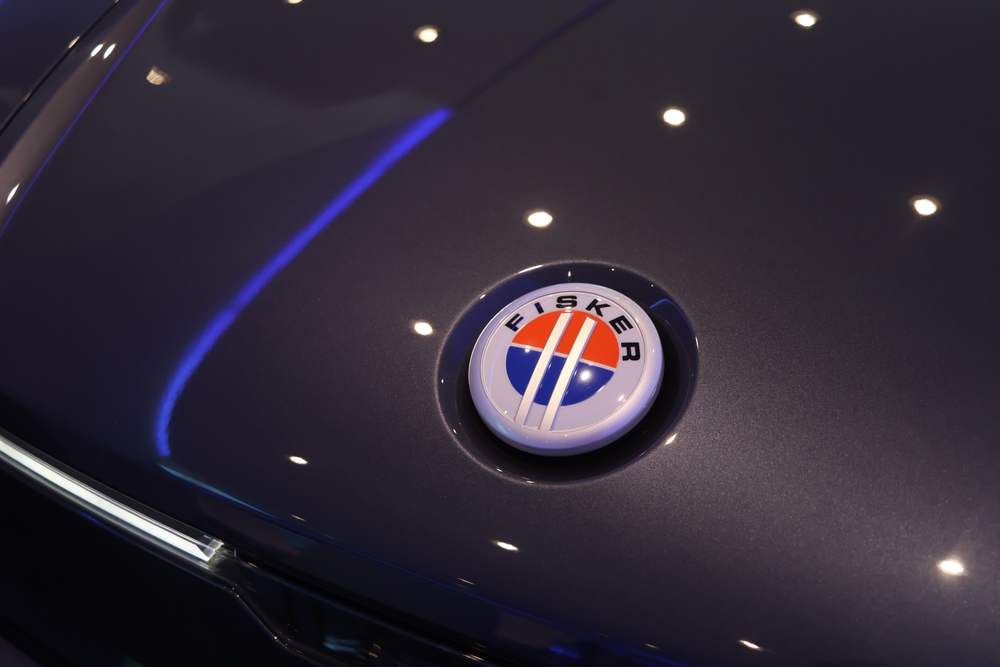
The company was founded in 2007 by Henrik Fisker and released its luxury plug-in hybrid, the Fisker Karma, in 2011. While the car received praise for its design, it was plagued with technical issues and recalls. Combined with the bankruptcy of its battery supplier, A123 Systems, Fisker faced financial struggles and filed for bankruptcy in 2013. The assets were later acquired by Wanxiang Group, leading to the formation of Karma Automotive.
Better Place
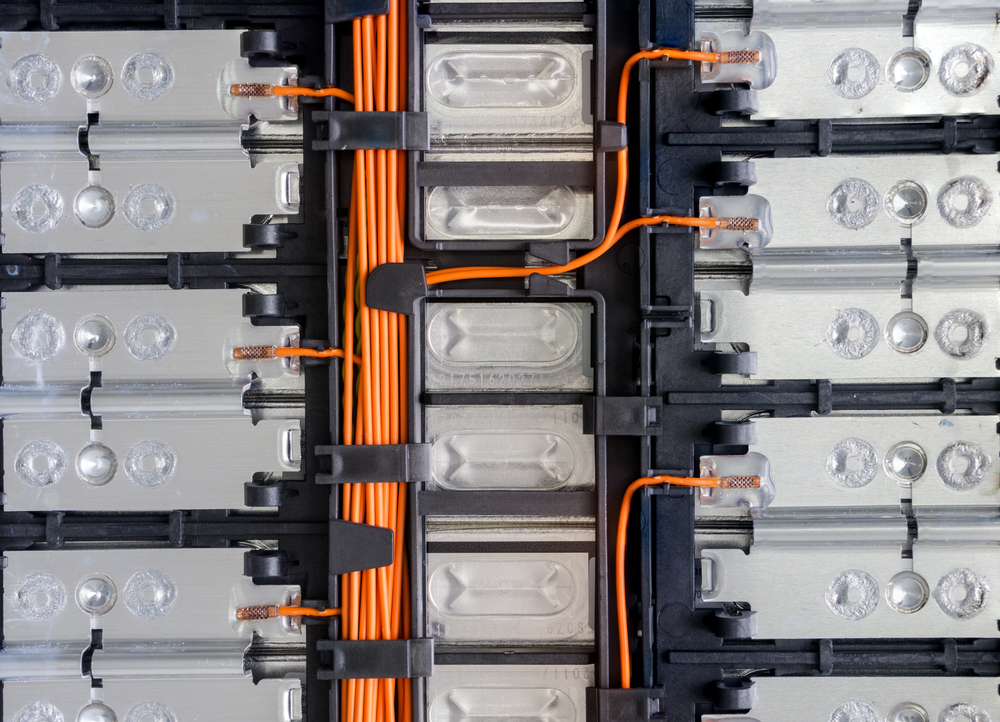
Established in 2007 with a unique concept for battery-swapping stations for EVs, Better Place garnered substantial investments. However, they faced challenges in infrastructure costs, vehicle compatibility issues, and less-than-expected consumer adoption. By 2013, the company filed for bankruptcy after accumulating significant losses.
Coda Automotive
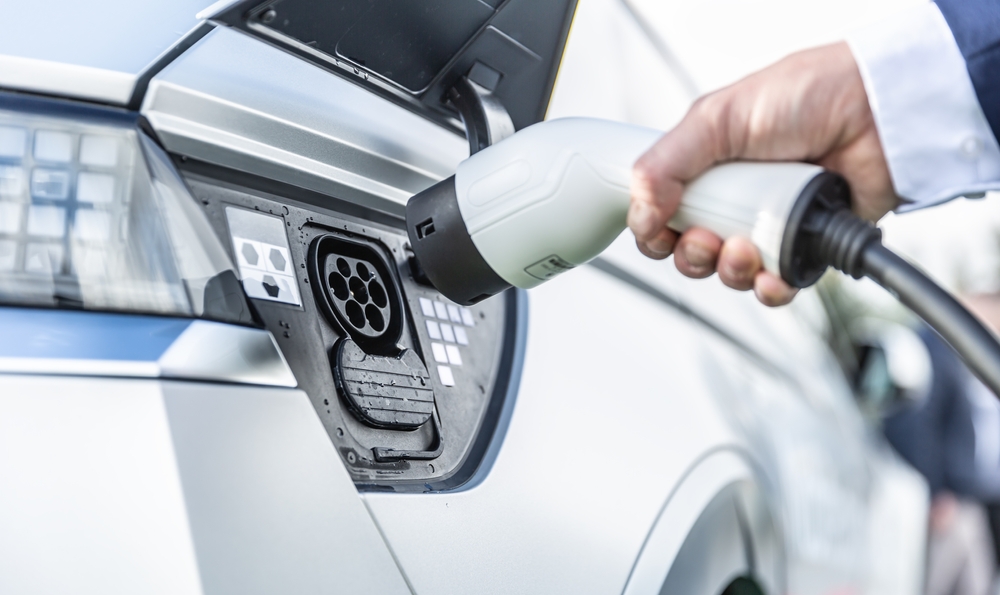
Coda aimed to bring an affordable EV sedan to the market, originating from a converted Chinese car. Introduced in 2012, the vehicle was criticized for its bland design and high price for the offered features. By 2013, Coda had filed for bankruptcy following poor sales.
Aptera Motors
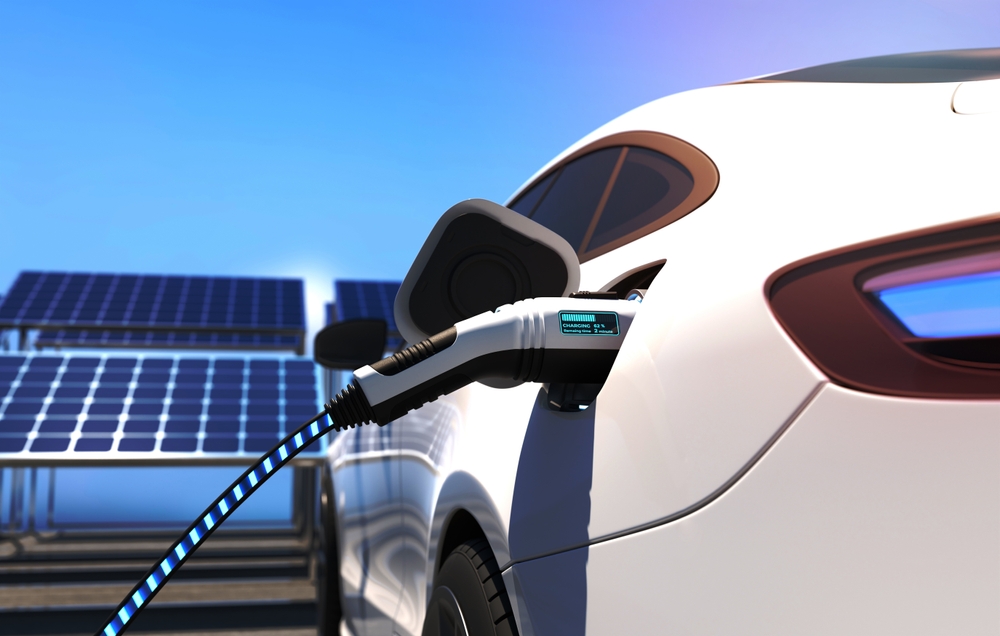
Founded in 2005, Aptera unveiled a futuristic, ultra-efficient three-wheeled electric vehicle. Despite initial enthusiasm, the company struggled with securing funding and faced engineering challenges. In 2011, Aptera closed its doors before delivering any significant number of vehicles. However, the brand was revived in 2019 with a new focus.
Think Global
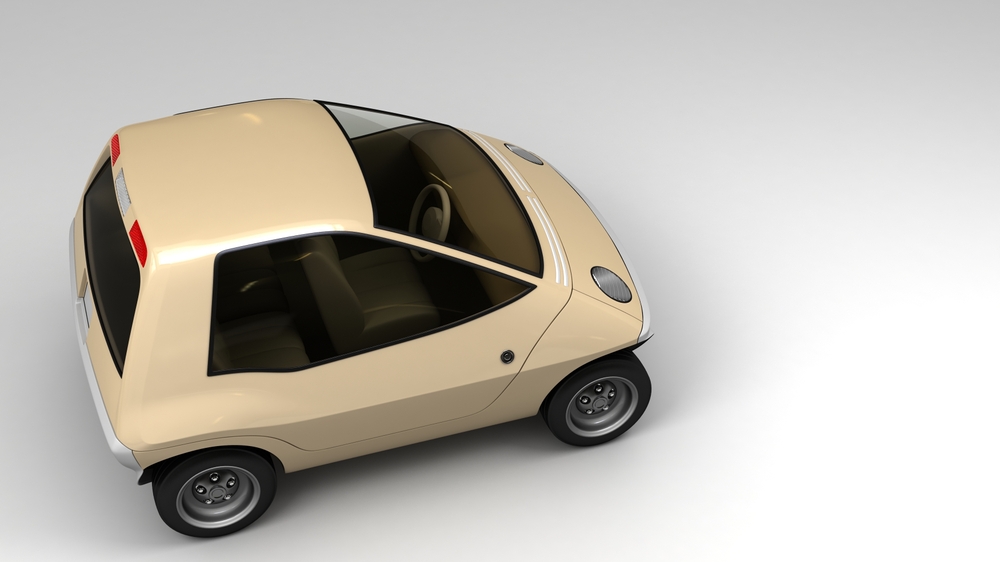
A Norwegian company with a compact EV called the Think City, they initially saw success in the early 2000s. However, faced with warranty issues, recalls, and strong competition, the company filed for bankruptcy in 2011. A spin-off from Think Global, Th!nk aimed to target the North American market. Despite producing a small number of vehicles with help from Ford and setting up manufacturing in the US, the parent company’s bankruptcy affected its operations, leading to its eventual demise.
Detroit Electric

Reviving a historic brand from the early 1900s, the company unveiled the SP:01, a sports car based on the Lotus Elise, in 2013. Despite plans to produce other models, the company faced funding and production delays challenges. In 2017, the company tried to relaunch the SP:01 after receiving a new investment from Far East Smarter Energy. However, Detroit Electric has not made any new announcements since then.
Phoenix Motorcars
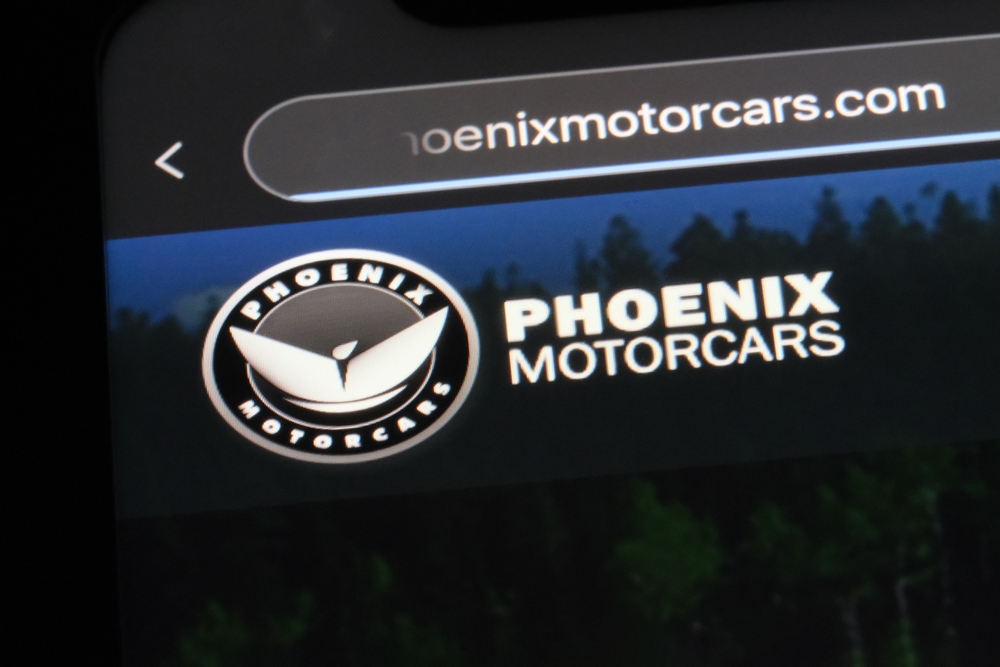
Founded in 2002, Phoenix aimed to produce fleet vehicles using SUTs (Sports Utility Trucks). While they made some initial sales, production delays, and the 2008 financial crisis impacted their progress. By 2009, the company had filed for bankruptcy. However, the company has continued to produce EVs since then.
Green Vehicles
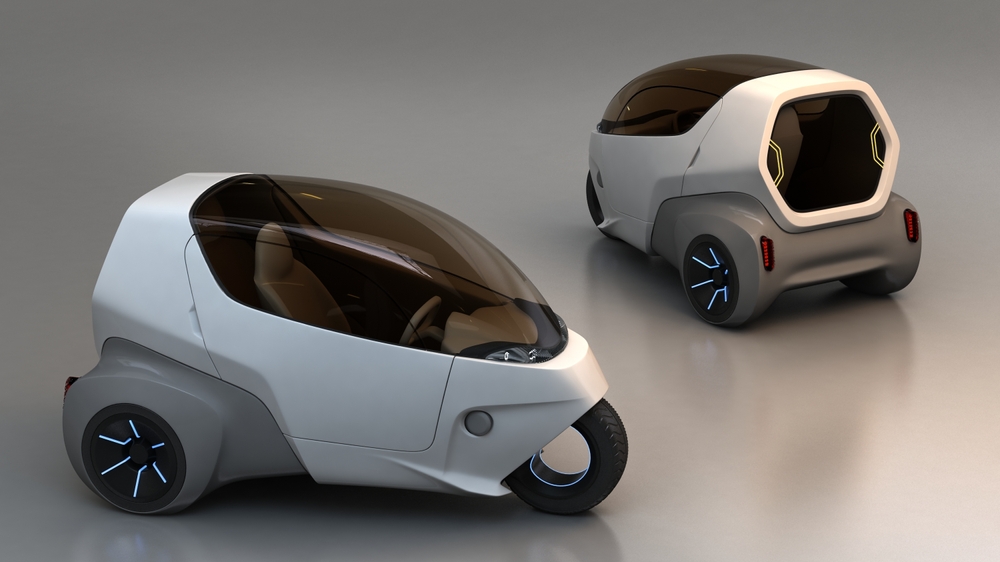
Founded in 2007, the company focused on a three-wheeled EV called the Triac. Despite receiving investments and grants, including from the city of Salinas, California, Green Vehicles announced its closure in 2011 due to financial challenges.
This article originally appeared on MyCarMakesNoise.
More from MyCarMakesNoise
13 V12 Supercars Everyone Can`t Help But Love

In the world of high-performance automobiles, V12 engines represent the pinnacle of power and prestige. The allure of a V12 supercar goes beyond its breathtaking speed; it’s about the symphony of its engine and the sheer elegance of its design. Read More.
The 13 Most Reliable Electric Cars According To Consumer Reports

In the ever-evolving world of electric vehicles (EVs), reliability remains a top priority for buyers. Consumer Reports has rigorously tested numerous models to identify the most dependable EVs on the market today. Read More.
13 Worst Electric SUVs to Avoid

When shopping for an electric SUV, it’s crucial to be aware of the models that might not meet your expectations. This guide identifies several vehicles known for their reliability issues, subpar performance, and high maintenance costs. Read More.














